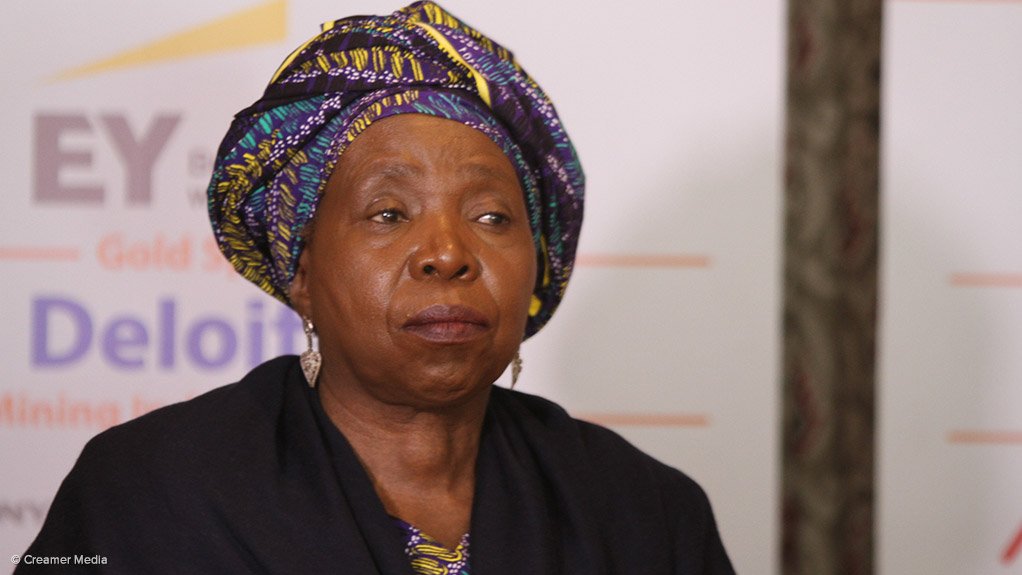Cooperative Governance and Traditional Affairs Minister Nkosazana Dlamini-Zuma says the three spheres of government are increasingly working together to take a district-based approach to economic- and human settlements development.
Speaking at the Human Settlements Indaba, in Boksburg, on Friday, she acknowledged that government had, to date, had a segregated and individualistic approach to development in the respective spheres – national, provincial or municipal – while departments have invested money in a dispersed manner, which has not resulted in the maximum impact on the ground that South Africa needs.
“The Indaba comes at a time when government has done an introspection of how it has worked over the years, coming to a conclusion that we need to change the way we work to a more coordinated and integrated manner,” she said.
The Minister said her department, together with the Department of Human Settlements, had been working on a district modelling programme. So far, a pilot programme has profiled the challenges, opportunities and demographic details of three districts.
She explained that South Africa has 257 municipalities, making it difficult to reach all of them individually. The departments then decided to group municipalities together into 44 districts and eight metropolitans. “Going forward, our plans and implementation will be according to those 52 spaces.”
The departments considered how many people lived in the area, what economic activities they were engaged in, who the main employer in the district was, infrastructure backlogs, the rate of poverty, and the level of skills and education of the people living in the district.
For example, the OR Tambo district, in the Eastern Cape, has 1.5-million people, the majority of whom are young. The departments projected that the population of the district would grow to 5.3-million people in 50 years’ time, which needs to be taken into consideration for human settlement developments.
Dlamini-Zuma said government was no longer having a five-year view of development, but rather a 25-year view that was divided into five-year or ten-year plans.
The departments were also spatially referencing the districts. For example, they were determining whether there were schools in the area, clinics, roads and other sorts of bulk infrastructure before further human settlement development could start.
“We will not just look at social development, but also economic development to stop people from moving out of rural districts and onto the periphery of big cities, only to end up with a swelling of the urban poor. People should be moving out of choice, and not desperation,” Dlamini-Zuma said.
With the district mapping exercise, the departments identified the OR Tambo district’s opportunities to be its 160 km coastline that is rich in heritage, flora and fauna, fertile land and good rainfall. “The ocean is a huge economic space that the district has not tapped into. The combination of heritage and landscape means that tourism is also an opportunity for the district.”
The departments will undertake mapping for every district in the country, with Ekurhuleni next to undergo this process. During this exercise, national, provincial and local government would work together to establish relationships with stakeholders in the area, such as traditional leaders and the business community, to jointly develop economic activity in the district.
Instead of government spheres having separate plans for municipalities or district development, the Human Settlement and Cooperative Governance departments were advocating for one development plan per district where each sphere of government worked together to contribute to the district plan.
Dlamini-Zuma said this integrated approach would reduce instances of irregular spending and corruption, owing to the transparent nature of the plans and each government sphere’s financial obligations and responsibilities.
The Minister further mentioned that each district would eventually have a forum to monitor activities in the district, which would help to keep track of development and minimise development delays.
EMAIL THIS ARTICLE SAVE THIS ARTICLE ARTICLE ENQUIRY
To subscribe email subscriptions@creamermedia.co.za or click here
To advertise email advertising@creamermedia.co.za or click here











